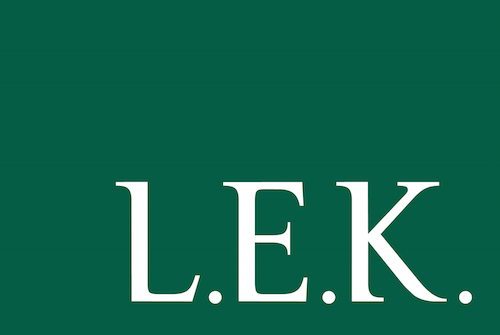Skift Take
According to a new 2017 study, the evolving luxury travel market offers opportunities to both traditional luxury players, as well as new players outside the space, to engage with a broader range of premium travelers.
This sponsored content was created in collaboration with a Skift partner.
Today’s luxury travel sector is evolving as a larger segment of travelers indulge in premium experiences and the definition of luxury expands. While luxury has traditionally been defined by opulence, quality and pleasure, it now takes on a wide array of meanings for a wide variety of people who are willing to spend.
For some travelers, luxury can mean a stay at the Four Seasons, complete with a five-star restaurant experience. Others might find luxury in spending the night in an airy tent in a remote location. Travelers view luxury in a number of different ways, prioritizing certain meaningful elements over others, and brands that were typically outside the luxury space now have the opportunity to disrupt luxury as we know it.
A survey of nearly 2,000 U.S. travelers conducted in Q1 2017 by L.E.K. Consulting explored today’s luxury travel space and the shifting perceptions of those who partake in premium travel. The study found that a broad range of travelers indulge in luxury in some form or another, whether premium experiences are top priority or an occasional splurge.
The study identified eight key insights into today’s luxury travel market:
Modern luxury travel is driving discretionary spending. Travel is now the leading luxury category for indulgence, with more U.S. travelers indicating that they are likely to splurge on travel than dining out, food and wine at home, apparel and accessories, and jewelry. Millennials skew especially high for prioritizing luxury travel compared to older generations.
Luxury is increasingly about the experiences being offered. Luxury travel is shifting from being traditionally defined by “quality of product” to “quality of experiences.”
Luxury travel is becoming increasingly accessible. Typically associated with a certain sect of the population, the luxury travel market has significantly expanded to encompass a wider group of travelers. The survey found that less than 10 percent of survey respondents consider themselves luxury travelers, but approximately 85 percent say they indulge in travel luxuries at least occasionally.
Personalized luxury is powered by choice. A broader sect of luxury travelers means that brands have the opportunity to offer travelers new ways to embrace luxury and upgrade their experiences. This could be as small as enticing travelers with an extra legroom seat, or as large as selling more frugal travelers a once-in-a-lifetime vacation package.
The declining influence of brands is a myth. The survey found that brand recognition remains a significant factor in luxury travel purchase decisions, especially among millennials and elite luxury travelers with the highest per person spend, meaning that brands outside of the traditional luxury space may have to work harder to enter the market.
Convenience combined with exclusivity are essential. Today’s luxury customers have come to expect convenience in all aspects of their lives, as new technologies drive the rise of seamless, customer-centric experiences. However, convenience doesn’t mean exclusivity is sacrificed. Luxury travelers are still looking for rare, life-affirming experiences that distinguish them from others.
Millennials are increasingly driving the demand for luxury travel. Sixty-one percent of millennials surveyed said they either choose full or selective luxury travel, compared with 48 percent of Gen Xers and 35 percent of baby boomers. And while these younger travelers have a particularly broad interpretation of luxury and strong focus on experiences, older generations are following their lead in seeking out more innovative and adventurous preferences.
Millennials want prestige moments. This younger generation puts a particular priority on unique moments and experiences to share with their social networks. For many, travel plays a key role in building one’s personal brand, offering travel providers the opportunity to engage with these travelers in a myriad of ways. To learn more about how luxury travel is evolving, download L.E.K. Consulting’s Executive Insights report, “Selective Indulgence: The Changing Market for Premium Travel.”
This content was created collaboratively by L.E.K. Consulting and Skift’s branded content studio, SkiftX.
Have a confidential tip for Skift? Get in touch
Tags: luxury

